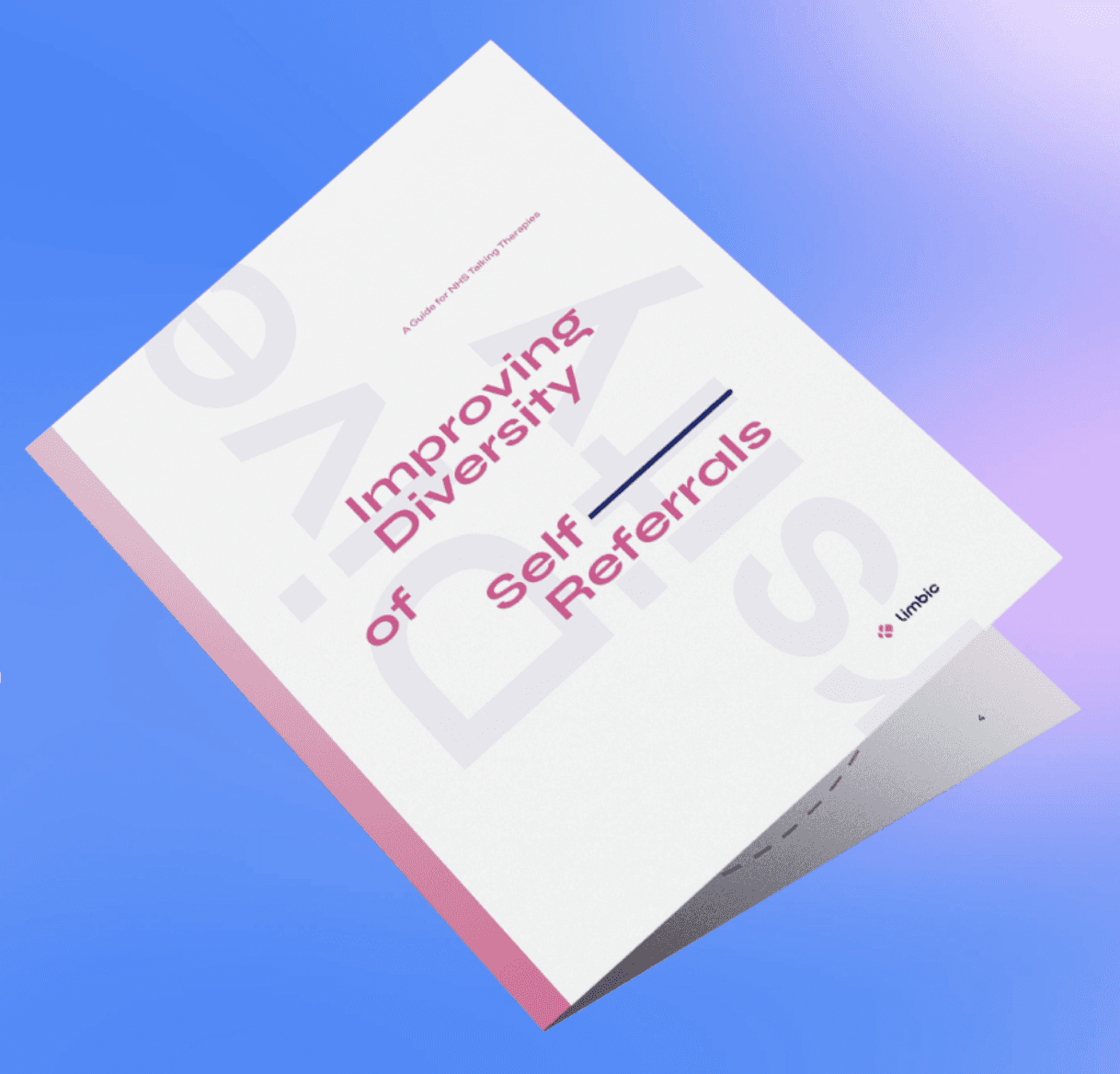

Background
In a world where mental health services face overwhelming demand and a shortage of qualified practitioners, digital solutions are emerging as a promising avenue to improve efficiencies and quality of care. This study explores the real-world impact of Limbic Access within clinical settings, with a specific focus on its impact on patient wellbeing measured through recovery from mild-to-moderate mental illness.
Methods
Conducted over a 14-month period, the study focused on recovery rates of 58,475 patients in 18 services employing Limbic Access. To ensure the validity of results, recovery rates in these services were compared to those in services without Limbic Access during the same time frame. Rigorous control analyses were implemented to account for potential confounding factors. In addition, an economic analysis compared the cost-effectiveness of Limbic Access for improving recovery against other methods.
Results
The study found that the use of Limbic Access is associated with improved recovery rates in the context of England’s NHS Talking Therapies services. This represents the first real-world evidence for the efficacy of AI solutions to improve the quality of mental health care. Services that used Limbic Access saw an improvement in patient reliable recovery rates from 47.1% to 48.9% compared to services without AI-enabled solutions, which saw a decrease in reliable recovery rates from 48.3% to 46.9% in the same time period.
Change in average reliable recovery rate, before and after Limbic Access implementation
47.1% to 48.9%
In addition, an economic analysis revealed that the use of Limbic Access is more cost-effective than alternative solutions. Limbic Access exhibited an estimated cost per additional recovery ranging from £118.25 to £221.89, whereas alternative methods in the same study incurred costs up to 1014% higher at £1,200 per recovery in economic terms within two years.
Than additional therapy sessions
90% lower cost per recovery
Conclusions
In summary, these results indicate that the usage of AI-enabled referral tools, such as Limbic Access creates clinical efficacy and improves treatment outcomes for patients. Moreover, the economic analysis reveals that Limbic Access represents a cost-effective way of achieving these improvements, further suggesting a large potential for the adoption of this technology.
PRODUCTS FOR SERVICES
Guide
Improving Diversity of Self-Referrals
This free guide has practical tips on how services like yours can connect with and engage their communities.
Limbic Access
Limbic Access becomes first in world to gain Class IIa UKCA medical device status
Our landmark achievement guranteeing the safety of our products.
Case Study
Greater Manchester Resilience Hub: Supporting Staff with AI Technology
Supporting our colleagues so they can support our communities.









